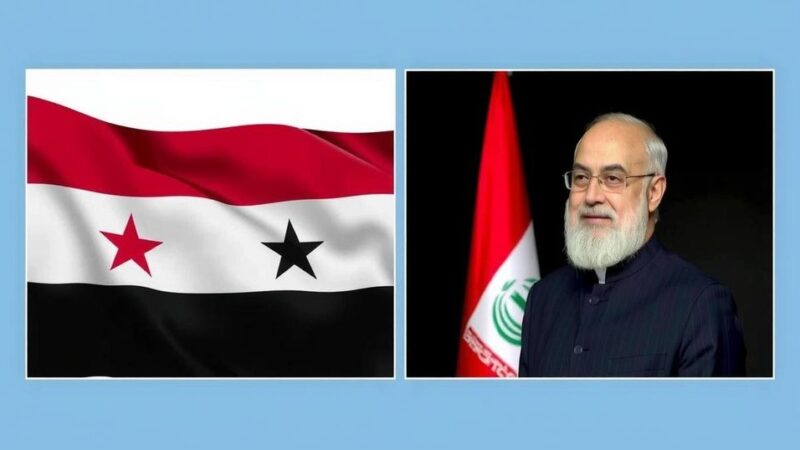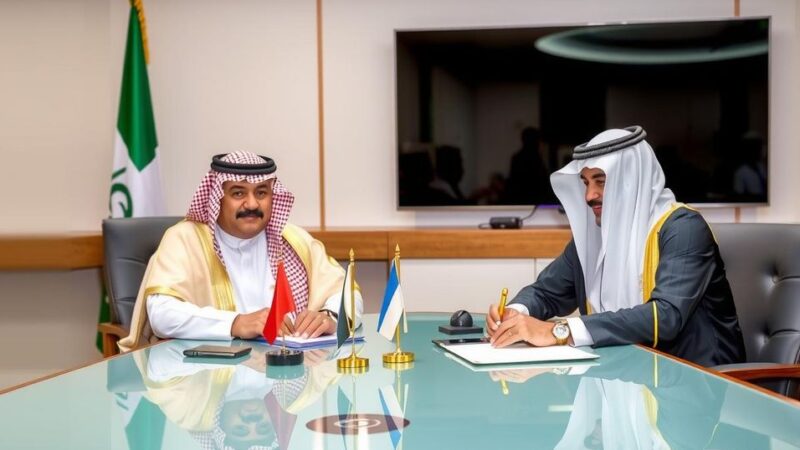Yahya Al-Sinwar, the Hamas leader, was killed in clashes with Israeli forces in Gaza. His death, confirmed by Israeli officials, occurred during a routine patrol where he was identified post-mortem. A pivotal figure, Al-Sinwar had transformed Hamas’s narrative and was a central strategist behind militant operations, leading to a significant shift in perceptions both within Israel and internationally regarding Hamas’s role and intentions.
Yahya Al-Sinwar, the prominent leader of Hamas, was reported dead following a confrontation with Israeli forces in Gaza on Wednesday, as confirmed by the Israeli military on Thursday. This incident is perceived as a significant blow to the militant organization, occurring during what was described as a routine patrol conducted by Israeli troops. Israeli officials disclosed that Al-Sinwar’s remains were transported to Israel for identification via DNA testing and dental records comparison. The military reported that during the patrol, soldiers encountered three armed individuals, leading to an exchange of gunfire that resulted in their deaths. The military emphasized that this confrontation was incidental and not predicated on specific intelligence regarding Al-Sinwar’s whereabouts. Al-Sinwar was often characterized by Israeli sources as the “Hamas Defence Minister” and was regarded as a shrewd strategist within the complex landscape of Middle Eastern conflicts. Notably, he played a vital role in orchestrating the “Al-Aqsa Flood” operation, which bewildered Israeli strategists and placed him prominently on their list of targeted individuals for assassination. Originating from impoverished beginnings in Khan Yunis, southern Gaza, Al-Sinwar significantly contributed to the establishment of Hamas’s military infrastructure during the first Palestinian intifada. Initially imprisoned, he utilized this time to engage with Israeli society, learning their culture and language, which ultimately equipped him with formidable leadership qualities upon his release in 2011. His ascension to leadership within Hamas culminated in his designation as the leader of the Gaza Strip in 2017. Following his release, Al-Sinwar portrayed a narrative of seeking ceasefire and prosperity for Gaza, effectively shifting perceptions about Hamas from a group solely associated with violence to one aligned with governance and stability. This strategic portrayal led Israeli authorities to reduce their surveillance of the Gaza border, mistakenly trusting in an alleged transformation within Hamas while diverting their attention towards other regional issues, such as Iran and Syria. As the conflict evolved, the Izz Al-Din Al-Qassam Brigades—the military wing of Hamas—gained renewed prominence. Founded in the 1980s, these brigades subscribe to a right-wing Sunni ideology and maintain robust military capabilities. The legacy of Izz Al-Din Al-Qassam, an anti-colonial figure opposing British rule, continues to drive the Palestinian resistance narrative, underlining the historical context of the current hostilities. In summary, Yahya Al-Sinwar’s strategic brilliance and resilience have transformed him into a figure representing resistance against perceived oppression. His intricate tactics not only challenged Israeli security measures but also influenced broader global perspectives on the complex dynamics prevailing in the Middle East. As history reverberates through the legacy of the Izz Al-Din Al-Qassam Brigades, the ongoing situation in Gaza unfolds amidst a rich historical and political backdrop.
Yahya Al-Sinwar assumed a central role in Hamas following his release from prison in 2011, and his leadership marked a significant evolution in Hamas’s political and military strategies. His approach aimed to position Hamas not solely as a militant organization but as a governing body capable of delivering stability and governance to Gaza, which altered the perception of the group among both Israeli authorities and international observers. The conflict involving the Izz Al-Din Al-Qassam Brigades highlights ongoing resistance movements rooted in historical narratives, illustrating the persistent complexities in the Palestinian struggle for agency and sovereignty.
The killing of Yahya Al-Sinwar represents a pivotal moment in the enduring conflict between Hamas and Israel, striking a significant blow to Hamas’s leadership structure. His strategic legacy, however, continues to resonate, underscoring both the enduring narratives of resistance within Palestinian society and the complex geopolitical dynamics that characterize this long-standing conflict. The implications of his death will likely be felt within Hamas and the broader Middle Eastern geopolitical landscape, as factions reassess their strategies in response to this loss.
Original Source: www.dailynewsegypt.com







